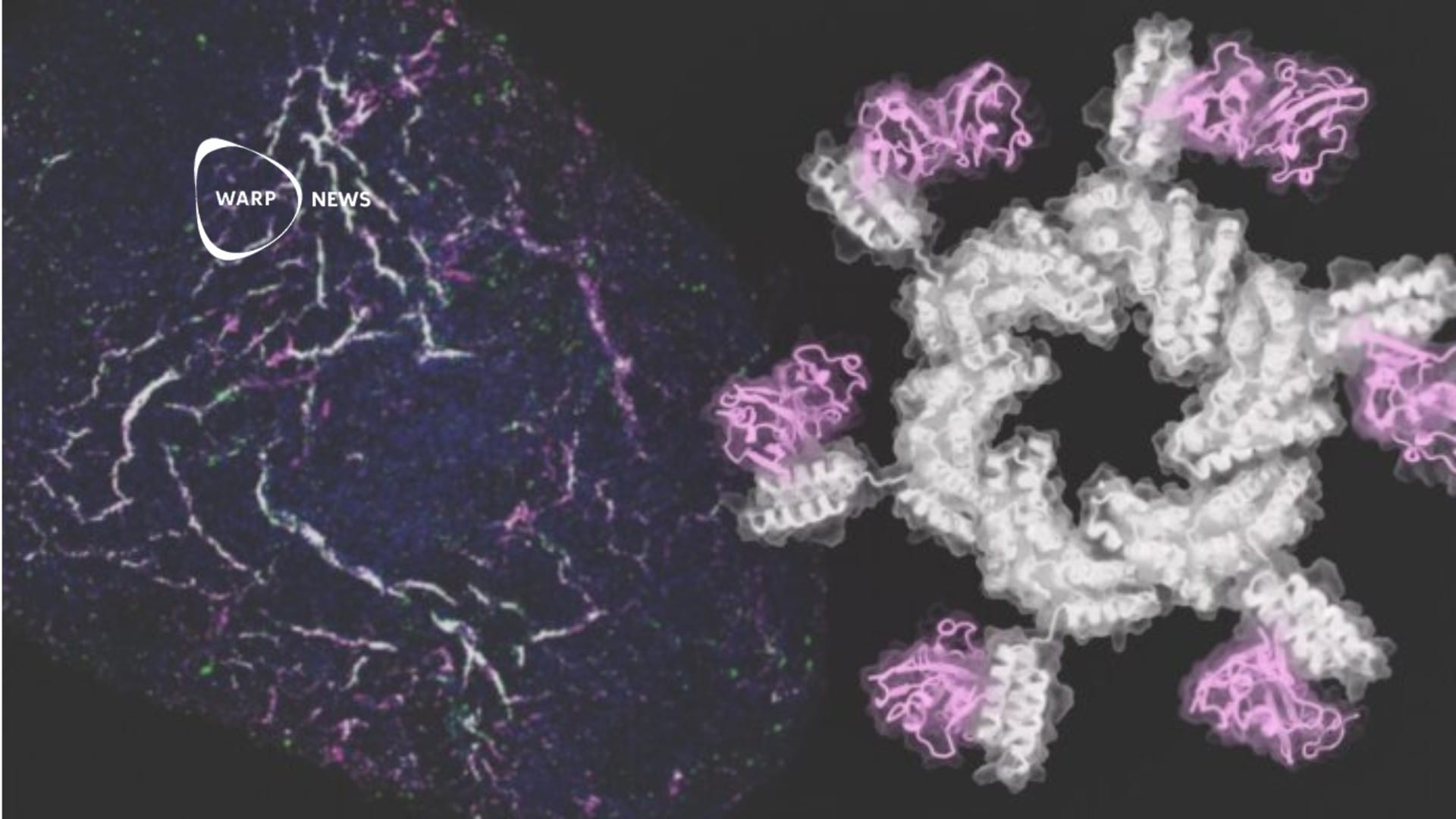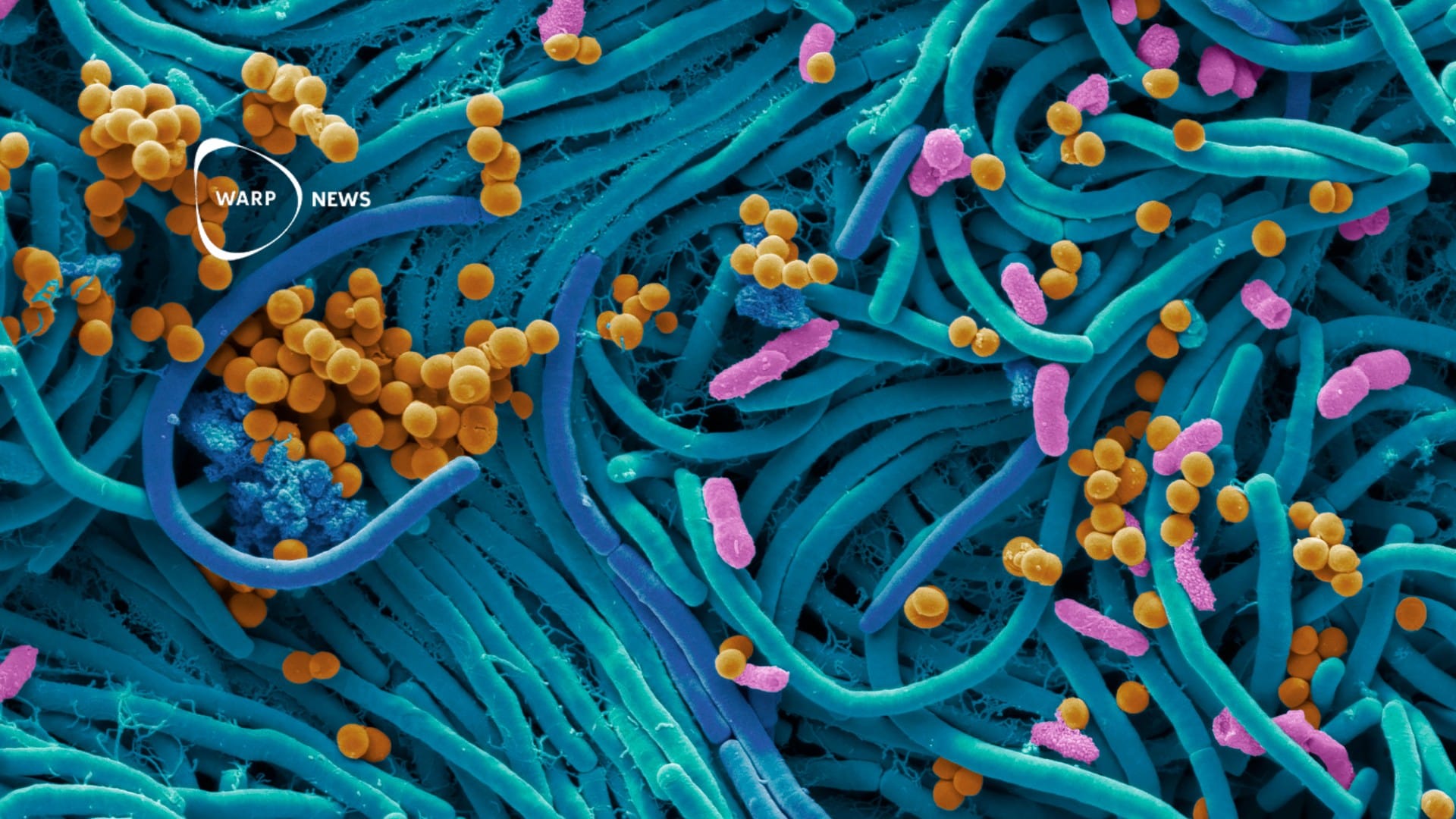
🍯 Manuka honey can help prevent cystic fibrosis
Manuka honey mixed with a common drug can help clear the deadly bacteria causing cystic fibrosis which is drug resistance.
Share this story!
Scientists have found that manuka honey can kill a number of drug resistant bacterial infections. One example is Mycobacterium abscessus which usually affects patients with cystic fibrosis (CF) or bronchiectasis. They also found that adding the honey reduced the harmful side effects of the drug. It also lessens the dosage needed for the treatment.
Manuka honey is made in New Zealand and Australia from bees browsing on the Leptospermum scoparium tree. It’s long known that this type of honey has wide-spanning medicinal properties but now it’s been proved that it also has a broad spectrum of antimicrobial activity.
In the study, researchers used samples of the bacteria that causes cystic fibrosis, taken from 16 infected patients. They then mixed the antibiotic amikacin with the honey and used a lung model and nebulizer (which is a device that produces a fine spray of liquid that can be inhaled). Thanks to the nebulizing of the honey and amikacin, a lower dose of the antibiotic was needed.
According to the Good News Network, the dosage of amikacin usually needed to kill the infection is 16 micrograms per milliliter. However, when mixed with the manuka honey, a dosage of only 2 micrograms per milliliter of amikacin was needed.
“By combining a totally natural ingredient such as manuka honey with amikacin, one of the most important yet toxic drugs used for treating Mycobacterium abscessus, we have found a way to potentially kill off these bacteria with eight times less drug than before,” said Dr. Jonathan Cox, a lecturer and co-author from Aston University.
“This has the potential to significantly reduce amikacin-associated hearing loss and greatly improve the quality of life of so many patients—particularly those with cystic fibrosis,” Cox continues.
“I am delighted with the outcome of this research because it paves the way for future experiments and we hope that with funding we can move towards clinical trials that could result in a change in strategy for the treatment of this debilitating infection,” he explains.
By becoming a premium supporter, you help in the creation and sharing of fact-based optimistic news all over the world.


